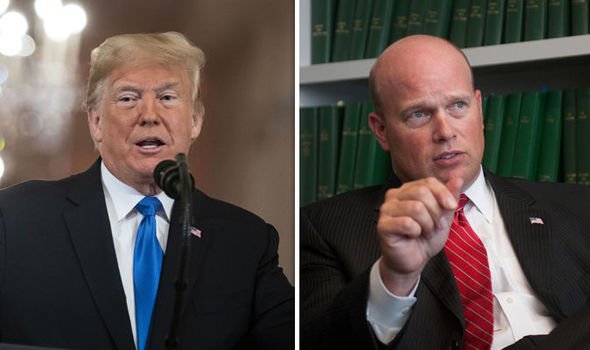Censors begin by claiming that they only want to control the spread of deliberate falsehoods and push back against propaganda campaigns. They always begin by saying their primary concern is disinformation spread by hostile foreign powers. China constantly says that to this day.
The definition of "disinformation" begins to expand as the censors seek more power. Soon they aren't just going after DELIBERATE falsehoods pushed by malevolent conspiracies - they're suppressing everything from honest mistakes to predictions and "wrong" opinions.
It soon becomes clear that the censorship rules - like all other rules in totalitarian societies - are not applied evenly. The ruling party and its friends are judged much less harshly than dissidents. They get far more latitude to make unfounded statements or outright lies.
The censors move on, suppressing not just "disinformation" or demonstrably false statements, but even completely true statements that lack some vital "context." The censors declare that even pure truth is deceptive when it's not packaged and delivered "correctly."
From here the next step is to enforce the perspective of the dominant ideology as the only correct "context" for evaluating facts. Chinese censors do this all the time. They condemn true facts presented by political dissidents as the worst form of "deception."
The final evolution of censorship is suppressing true statements and expressions of opinion because they would supposedly jeopardize social cohesion. In China, the all-purpose allegation is "picking quarrels and starting trouble."
When censorship reaches this level, the censors say they have a sacred duty to protect society from information that would harm it. The "social cost" of free speech is considered more important than whether it's objectively true or sincerely expressed.
If the dominant party began as an insurgency or counter-culture, it knows how dangerous dissent can be to the established power structure, so it moves aggressively to censor "subversive" ideas. Those who once prided themselves on being subversive make the most brutal censors.
The thing about totalitarian states is that everything that jeopardizes the power of the dominant party can be construed as a disruptive "attack on society" that could foment chaos. The Party, the State, and the People have fused together. Damaging one damages them all.
The most vital social resource in a collectivist state is OBEDIENCE. Anything that reduces the level of obedience in society would damage the Party, State, and People, just like putting sugar in the gas tank of a car. Dissent is intolerable because it breeds disobedience.
China, again, is a perfect model for all of this, a glimpse at where the formerly free world is heading. They are the mentors Big Tech is studying under. Chinese censors constantly insist that dissent from the Party = sabotaging the State = attacking the People.
That's how a crusade against "disinformation" mutates into enforced ideological purity and ruthless censorship. Objective truth gives way to subjective evaluations of intent and estimates of "social damage." Context becomes more important than accuracy.
And it all begins with a very simple idea, a seed of totalitarian ideology that easily takes root in societies attempting to navigate through raging floods of information: NO ONE HAS THE "RIGHT" TO BE WRONG.
Once you accept that idea, free speech is doomed.
Those with the power to judge which speech is "wrong" will inevitably abuse it. Ideas die stillborn in the minds of people afraid to say "wrong" things and invite the wrath of censors. They grow fearful of asking impertinent questions. Speech now has a cost - so it isn't free.
I called one of my early blogging efforts "Impertinent Questions" because they are essential to freedom. Ordinary people - not just credentialed members of some political clergy - must be free to ask questions, to doubt, to speculate, to challenge orthodoxy and test their ideas.
That means they need the "right to be wrong" - the right to challenge prevailing notions without guaranteed success. Censorship always begins as a crusade against "false information," and it always ends as a jihad against impertinent questions. /end












